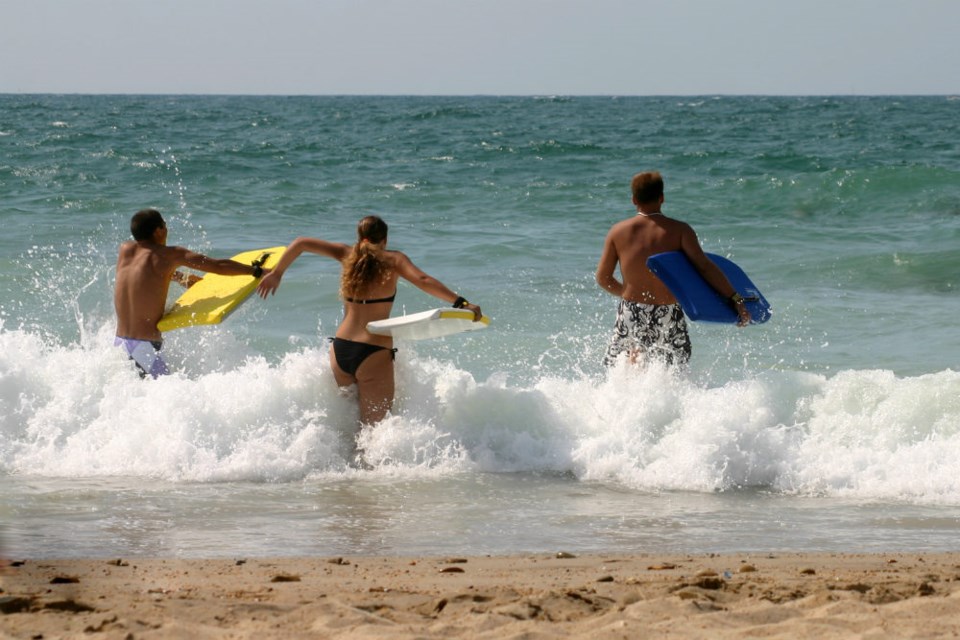 Photo Shutterstock
Photo Shutterstock
The BC Coroners Service is investigating five drowning deaths that happened in June and is encouraging people to be safe around water as drowning deaths spike during the summer months.
Here are seven water safety tips:
- Wear a lifejacket or personal floatation device (PFD) at all times when boating. Having a PFD in the boat is not enough because 70 per cent of boating incidents involve a person being separated from the boat. Children, non-swimmers and weak swimmers should wear a PFD when playing in water.
- Alcohol and water don't mix. A study published in the journal, Injury Prevention suggests that a person with a blood-alcohol level of 0.10 has 10 times the risk of drowning while boating than someone with no alcohol in their system. Even a small amount of alcohol can increase impairment, which is illegal for someone driving a boat. Impairment from alcohol and drugs is often a contributing factor when someone falls into the water from the shore.
- Be aware of weather conditions and warnings. Check the weather forecast before heading out and don't go down a river without being aware of the water conditions further downstream. Obey any posted warning signs.
- Inform friends and family visiting from out of town of the dangers. Ensure that your loved ones visiting from another province or country know about the conditions in the lake or river you're visiting. Warn them about cold water, rapids, currents, steep drop-offs, slippery rocks and other hazards.
- Always keep an eye on kids when they're near water. Pre-school-aged children can drown in only a few centimetres of water and drowning is often silent. Young children should be within arm’s reach of a responsible adult. Swim lessons do not replace the need to supervise children around water.
- Don't dive into unknown waters. Diving from cliffs or high rocks is risky because there can be hidden obstacles underwater or the water might be unexpectedly shallow.
- Always swim with a buddy. Don't swim by yourself. Go with at least one friend and keep an eye out for each other.


